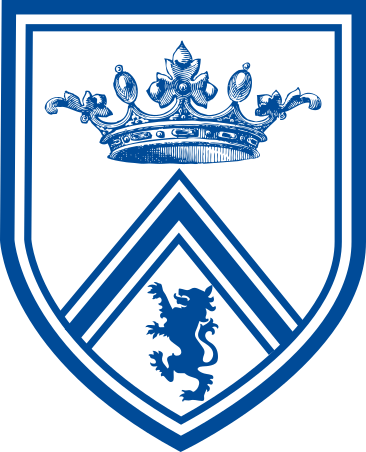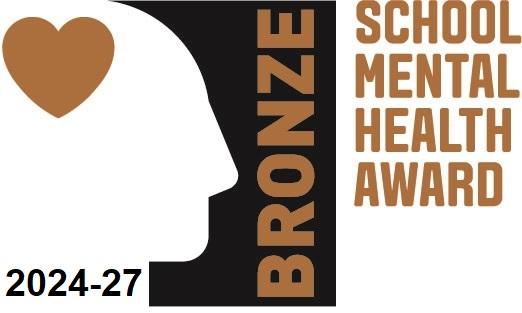MATHS
Please click on the links below:
What is Maths about?
Mathematics is a subject with a number of branches and applications. Apart from being a basis for numeracy skills, it develops abstract and critical thinking in students. Learners develop conceptual understanding and ability to use the language, symbols and notation of mathematics. Students learn to reason mathematically by following a line of enquiry, discovering relationships and making logical arguments and justifications.
What do we teach in Maths and why?
At Kingsmead, our students will learn, practice and master key procedures from the 6 aspects of mathematics outlined by the national curriculum. The mastering of these procedures will provide our students with the foundations to apply their knowledge and reasoning skills through complex problems that are found in the real-world.
We have developed a spiral curriculum that allows our students to revisit topics on a regular basis. Along with our schemes of work being interconnected, students will be able to see the link and application of mathematics. Each unit is split into three sections. The first is the core knowledge that allows the students to access the curriculum, the application section that focuses on developing understanding and finally deepening section that allows students to apply, evaluate and reason mathematically. Content is reinforced through regular classroom retrieval and home learning that has been designed to accommodate for the needs of each individual.
‘The better a pupil can use the discourse that a mathematician may use, the more they become a mathematician’. Sue Johnston-Wilder and Clare Lee. We pride ourselves on developing the next generation of mathematicians, through the consistent use of mathematical language within the classroom to half-termly literacy tasks, which provides our students with the support to develop their writing, oracy and literacy skills. Our students learn that mathematics is more than just numbers, but a way of reasoning logically and coherently.
COURAGE: Using the support of the people around you and the time available to cross educational boundaries
NURTURE: Providing our students with a supportive learning environment where they can grow into capable mathematicians
COLLABORATION: Good thinkers collaborate and communicate. They work productively with other people, valuing different points of view. They know when to seek help, when to support others, when to speak up and when to compromise.
RIGOUR: Logical deductions, developing transferable skills and evaluating data.
What does Maths enable our students to do?
They will understand the reasoning and application of the key procedural skills needed in mathematics
Students will develop their communication skills through regular collaboration
Students will have a deep and broad understanding of mathematics and will be able to make mathematical conjectures based around real world contexts
They will understand the importance of mathematics and how it has been used in the development of society and technology
Students will be able to identify errors and misconceptions of a mathematical argument through intellectual reasoning
How is the curriculum structured in Maths?
The curriculum structure of mathematics varies across key stages. In KS3 our students cover 7 hours of maths and in KS4 they cover 8 hours of maths over 2 weeks. In KS3 we develop a strong understanding of the fundamental aspects of mathematics with a focus on the procedural aspects for each of the 6 key concepts of the national curriculum. This provides our students with a strong platform to succeed in KS4 when we focus more on the complex aspects of mathematics. Our students will be able to solve complex problems around shapes, algebra, data and number.
In KS5 they cover 5 hours of maths each week, with each class being allocated 2 teachers who specialise in their field of mathematics. Students will benefit from two teachers who specialise in their key areas of A-level mathematics. We also offer A-level further maths for students who aspire to go to a Russell group university.
What specifications do we use?
GCSE: Edexcel 1 MA1 Further Maths AQA 8365
A-LEVEL: Edexcel 9MA0 Further Maths: Edexcel (9FM0)
What are the links between Maths and other subjects?
The idea that mathematics should be taught in isolation is against our philosophy. Mathematics plays a crucial role in understanding the contents and solving problems in various fields and disciplines. Through cross-curricular lessons, we enrich our students understanding and provide them with a fresh perspective of mathematics in the real-world. Our students will be able to see how influential mathematicians such as Euler, Gauss and Al-Khwarizmi were in allowing us to benefit from the technological developments we currently use in our day to day lives.
What are the future careers students can take when they study maths?
The growing demand of mathematical based practices show the importance, value and need employers have for mathematician. Mathematics offers a plethora of career opportunities in technical fields, accountancy, market research, social services, education, government and the space and aircraft industry.
What extra-curricular activities can students take part when you study Maths?
We offer our students a variety of extra-curricular opportunities at Kingsmead. These opportunities consist of visits to the Science museum, participating in the UK maths challenge, going to the phoenix theatre in central London and listening to mathematicians, participating in charity events such as ‘Numbers day’, having guest lecturers come into school and provide out students with a stronger awareness on where mathematics can take them in the future. All these opportunities provide our students with a greater appreciation of mathematics.








